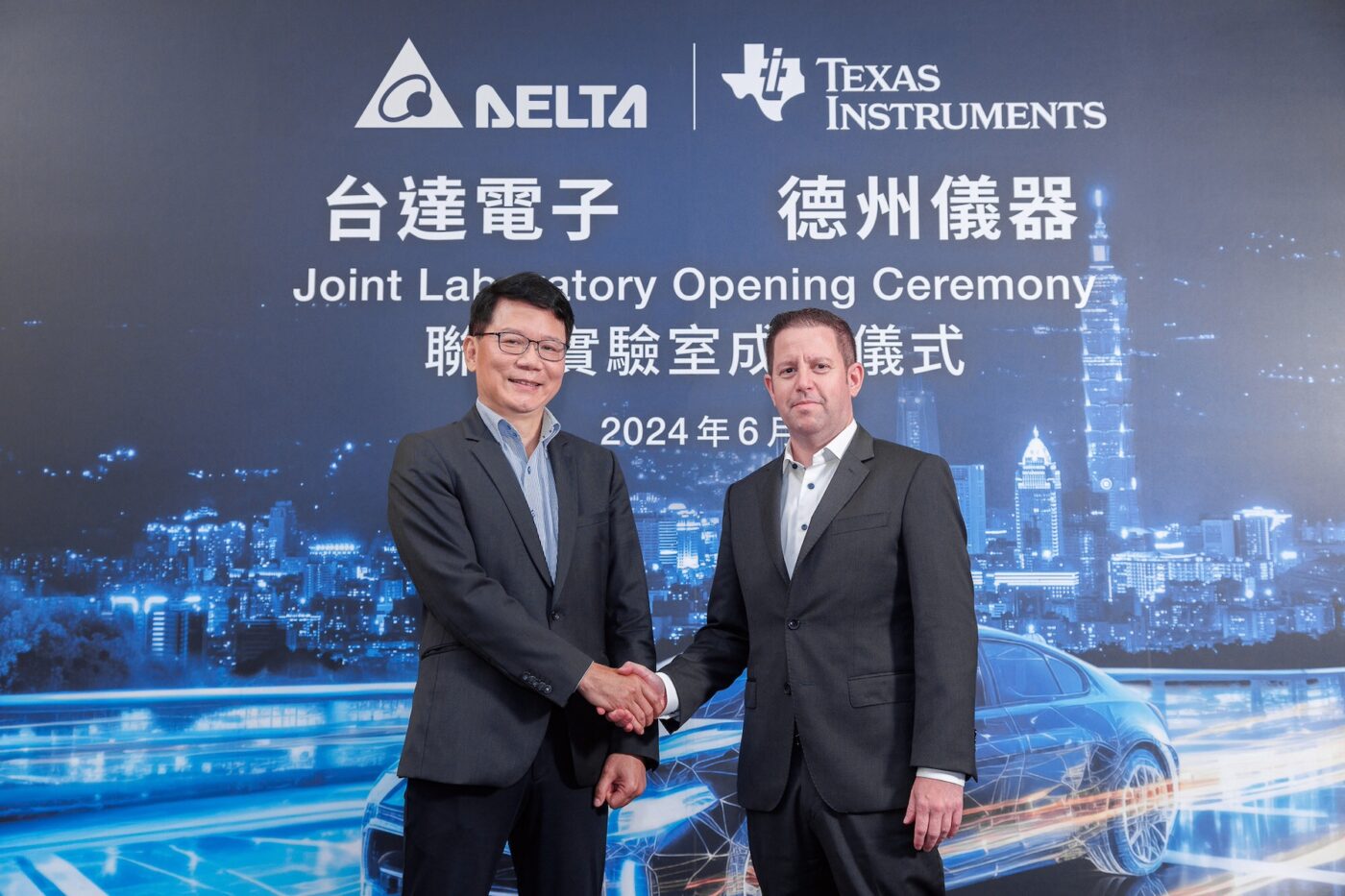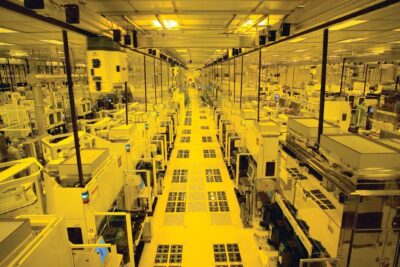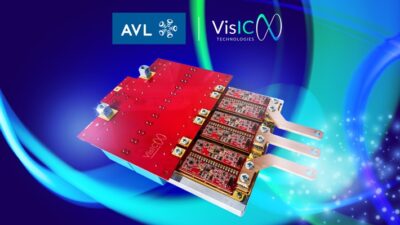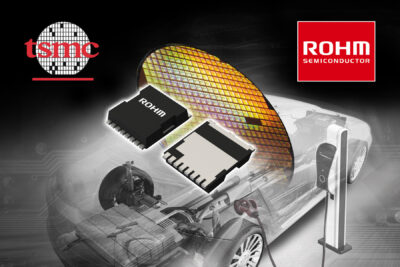Texas Instruments and Delta Electronics join forces to research power electronics
In the long-term collaboration between US-based Texas Instruments (TI) and Delta Electronics, the two companies will combine their research and development capabilities in power management and power supply at a joint innovation lab in Pingzhen, Taiwan. The two companies say they will collaborate on optimising power density, performance and size to accelerate the realization of “safer, faster-charging and affordable electric vehicles.”
Amichai Ron, senior vice president for Embedded Processing at TI explained, “Together with Delta, we will use TI semiconductors to develop EV power systems like onboard chargers and DC/DC converters that are smaller, more efficient and more reliable, increasing vehicle driving range and encouraging more widespread adoption of electric vehicles.”
Delta has been developing automotive power products, systems and solutions focused on reducing emissions since 2008. James Tang, executive vice president of Mobility and head of the Electric Vehicle Solutions business group at Delta Electronics explained, “By establishing this joint innovation lab with TI, Delta intends to leverage TI’s extensive experience and advanced technology in digital control and GaN (gallium nitride) to improve the power density and performance of our EV power systems.”
Based on sales volume, Texas Instruments is one of the top 10 semiconductor companies worldwide and has over 60 years of experience supporting aerospace and defence customers, many of whom use the semiconductor company’s products in support of US Government contracts. In 2021 we reported Texas Instruments had unveiled a new battery management system that relies on a wireless communication protocol instead of cabling.
Earlier this year, Delta Electronics announced the market launch of a 500 kW fast charging station that can charge two electric vehicles simultaneously with 250 kW each. The cooperation with Texas Instruments is by no means Delta’s first or only joint laboratory with a semiconductor company. Delta says it has established joint labs with several international semiconductor companies with its focus on automotive power electronics and digital control to respond to market needs in the age of software-defined vehicles.
Delta says the joint innovation lab with Texas Instruments is designed to accelerate the development and full validation of its automotive products. The joint laboratory should “help automotive manufacturers develop key architectures and layouts for the next generation of electric vehicles.”
The partners are planning three phases of development. In the first phase, Delta will focus on developing a lighter, low-cost 11 kW onboard charger. The charger will utilise Texas Instrument’s latest real-time microcontrollers (MCUs) and proprietary active EMI filter products. The two companies are working together to use Texas Instrument products to reduce the size of the charger by 30 per cent while achieving up to 95 per cent efficiency.
In the second phase, TI and Delta will utilize the latest C2000 real-time automotive MCUs to enable automotive manufacturers to achieve Automotive Safety Integrity Levels (ASILs) up to ASIL D. In this phase, highly integrated isolated automotive gate drivers will further increase the power density of onboard chargers while minimizing the overall size of the solution.
In the third phase, Texas Instruments says only that the two companies will “work together to develop the next generation of automotive power solutions.”
Luke Lee, president of Taiwan, Japan, Korea and South Asia at Texas Instruments points out, “Having been in Taiwan for 55 years, coupled with decades of experience in automotive power management, TI has built a strong connection with the local automotive industry. Establishing this collaboration and joint innovation laboratory with Delta is just one more way TI is driving vehicle electrification forward.”





0 Comments